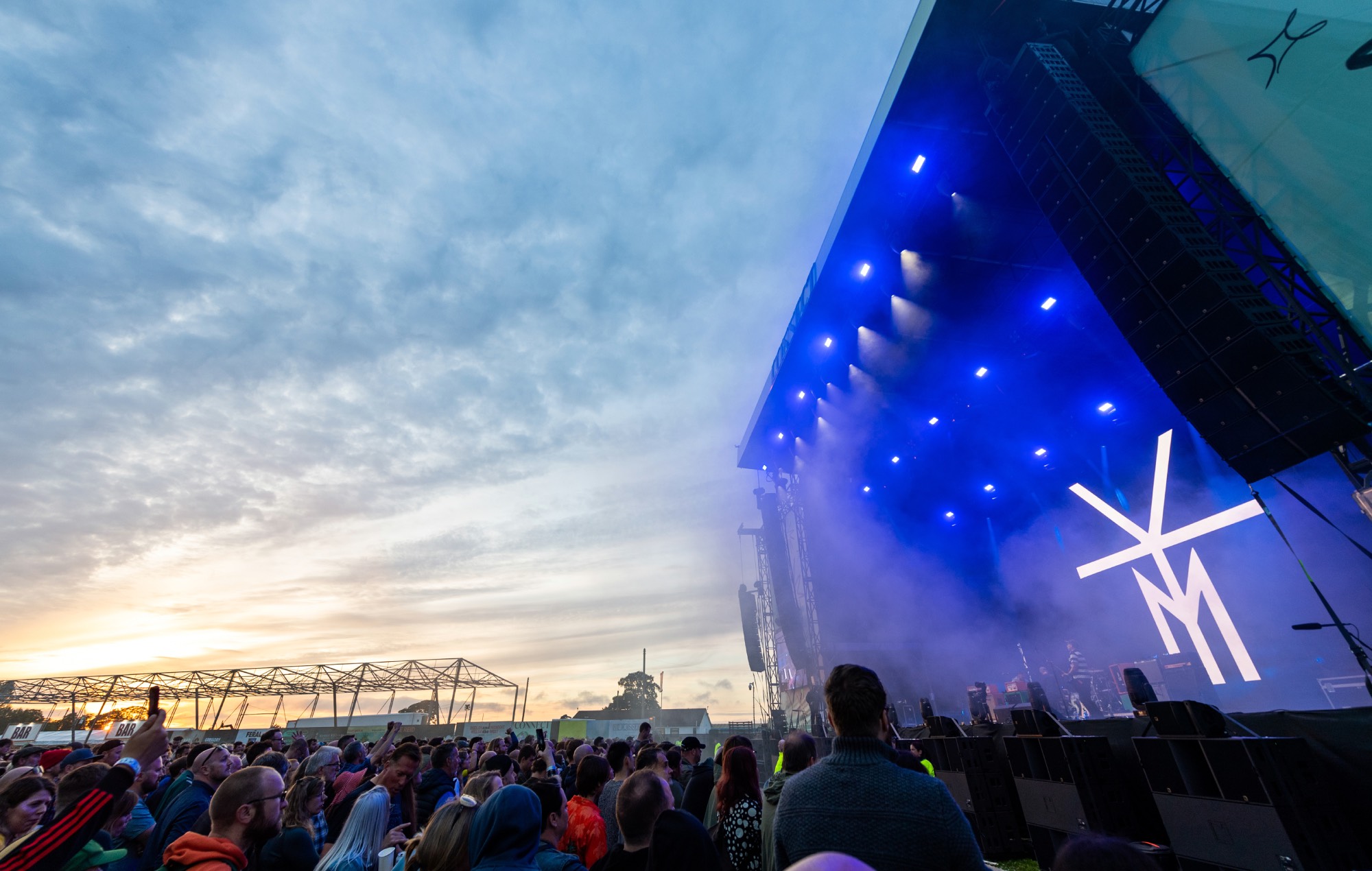The organisers of Scotland’s Connect Festival have said that the event will not be held in 2024 now while they try to build the “next edition” of the festival.
READ MORE: Why have so many UK festivals been cancelled or postponed?
The festival first ran between 2007 and 2008 at Inveraray Castle in Argyll before later being re-launched in 2022 at the Royal Highland Centre near Edinburgh.
Primal Scream, Franz Ferdinand, boygenius and Raye all performed at last year’s event.
A statement on social media from organisers read: “We’ve decided to take a break with Connect Music Festival in 2024 to take the time to build the next edition of the festival; to make sure it flourishes, evolves, and continues to offer wonderful experiences for fans.”
The announcement comes in a year where many other grassroots festival events have also been cancelled by organisers. December saw Herefordshire’s Nozstock Hidden Valley announce that 2024 would be their final incarnation after 26 years due to “soaring costs” and financial risk”, while the fan favourite Shepton Mallet skating and music festival NASS announced that they wouldn’t be putting on an event this summer either as it was “just not economically feasible to continue”.
Elsewhere, rising costs also cancelled Dumfries’ Doonhame Festival for 2024, Bluedot announced a year off for the land to “desperately” recover after being struck by heavy rain and cancellations last summer, Nottingham’s Splendour has been canned for this year due to planning delays from a financially-struggling city council, and Barn On The Farm shared that it would be taking a fallow year due to financial constraints.
Standon Calling also recently announced its postponement due to a “very challenging climate”. It came after some of last year’s performers and caterers claimed they were owed thousands by the festival.
A message from Connect… pic.twitter.com/J4GKkagh8r
— Connect (@ConnectFestSCO) February 23, 2024
John Rostron, CEO of the Association Of Independent Festivals (AIF), spoke to NME recently and explained that losing festivals was a sign of a growing problem around the UK and proof of the importance of events like this as part of the talent pipeline.
Rostron compared the plight of festivals with that of the UK’s grassroots music venues – which saw the country experience its “worst year” in 2023 and saw 125 close at a rate of about two per week. While he said festivals weren’t in quite as dire straits, it still had issues that needed tending to.
“Music venues get a lot of attention, and that’s because they are in crisis – they are fighting fires from all directions,” he said. “When there’s a fire, everyone runs to try and put it out – but that can be distracting because elsewhere there as many independent festivals as there are grassroots music venues in the UK. We don’t have the issues of ownership and noise abatement that grassroots venues do. We’re not on fire, but we do have a problem.”
He continued: “When a venue like Bath Moles closes, that’s obviously awful. Everyone asks, ‘Where’s the next Coldplay or Radiohead going to come from?’ Well, they came about 20 or 30 years ago. Back then, Green Man and all these boutique festivals were not around or just barely starting.
“We should be talking about where the next Wet Leg will be coming from because they emerged from a very different environment across grassroots festivals and venues – as well as some of these things that a lot of the live music sector seems to hate, like TikTok. Don’t dismiss the things you don’t like, they work and they’re important.”
Asked what needed to be done to prevent said “fire” devastating UK grassroots festivals, Rostron replied: “To the audience, just buy your tickets early. Most people are buying on payment plans these days too, which is great. The sooner you buy, the less money they have to spend on marketing to entice you. It can go into the content of the event.
“The government, we need a lower rate of VAT on ticket sales for three years. Then eventually, it can stabilise.”
The post Scotland’s Connect Festival cancelled for 2024 appeared first on NME.




